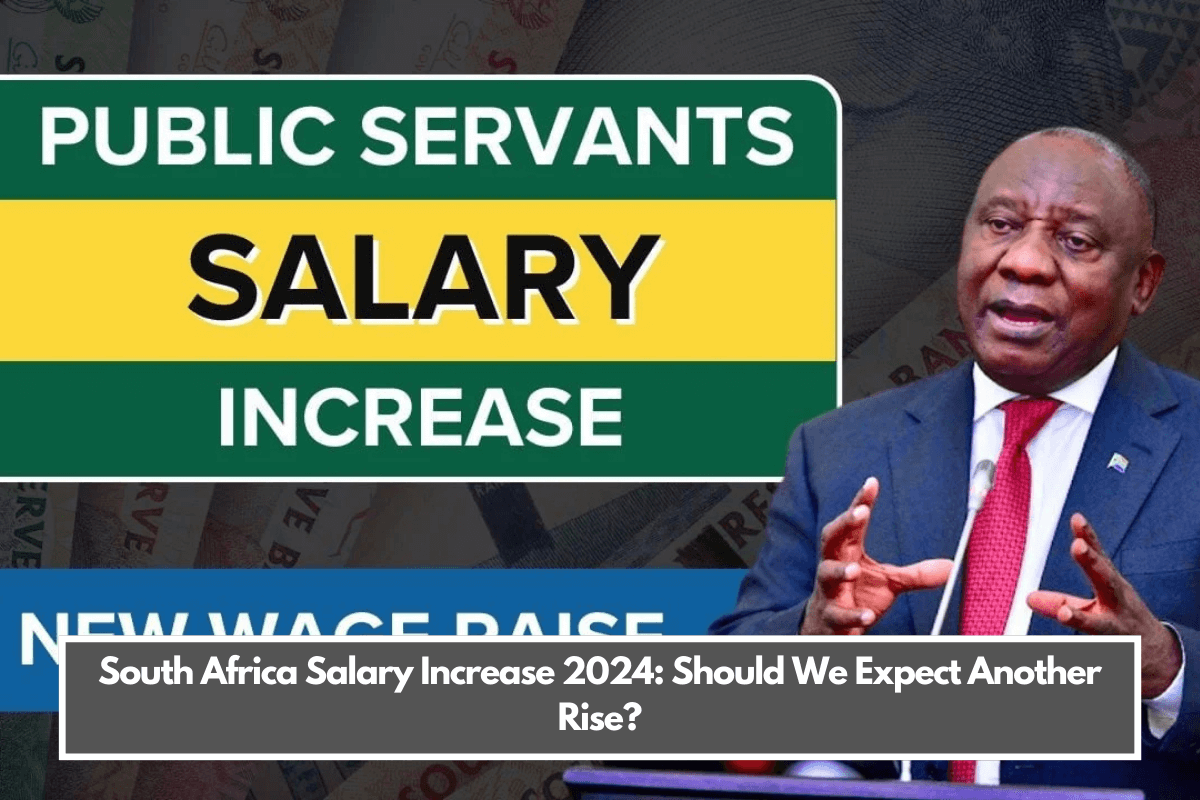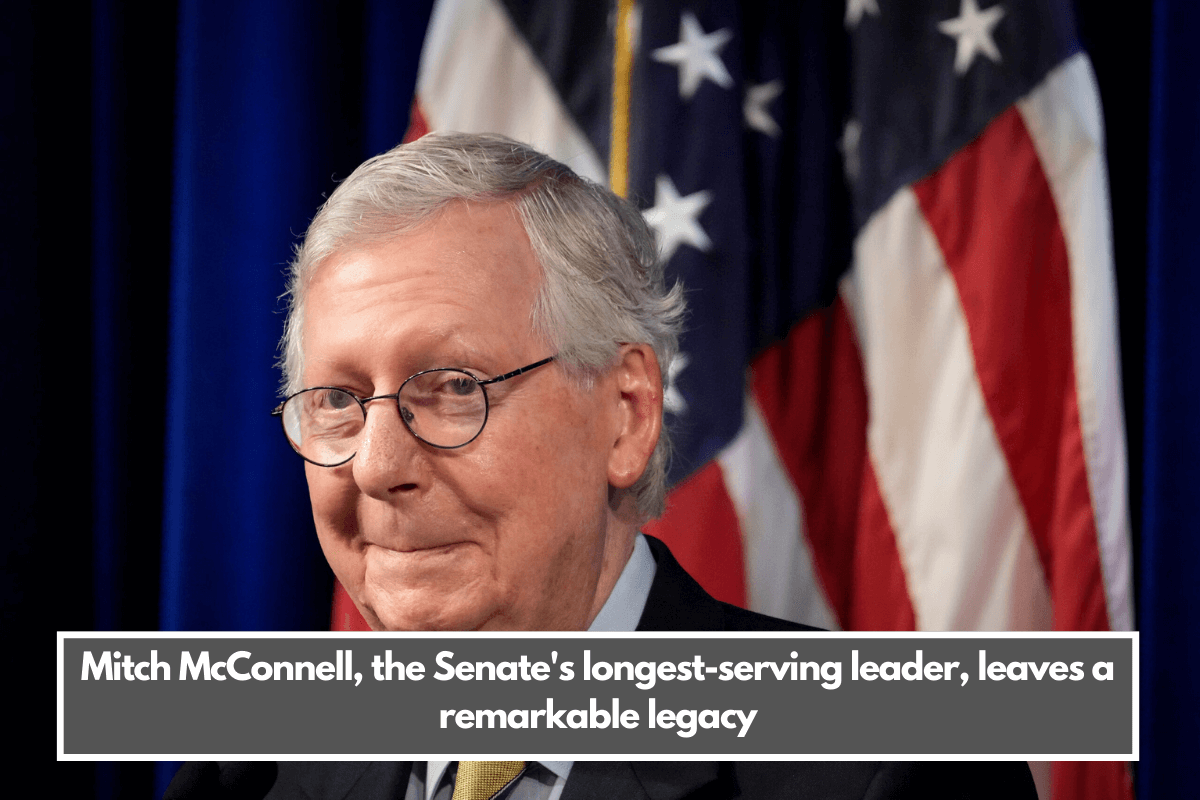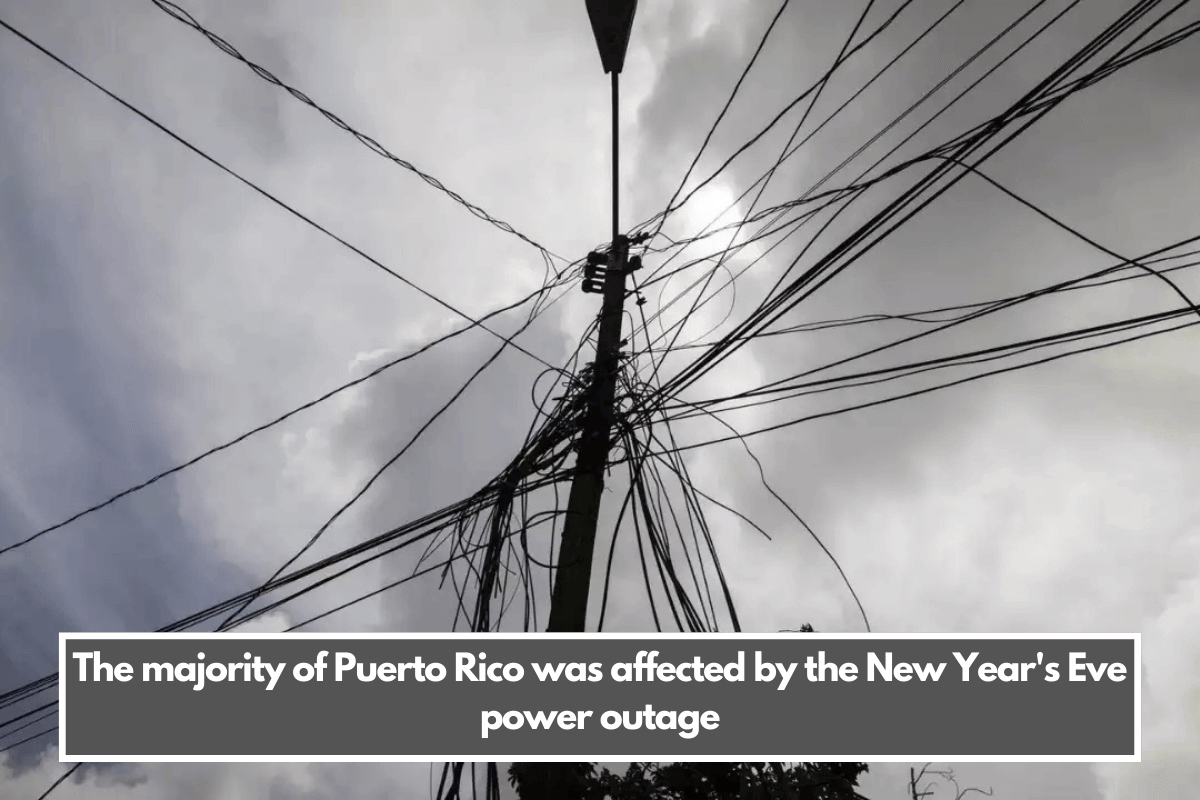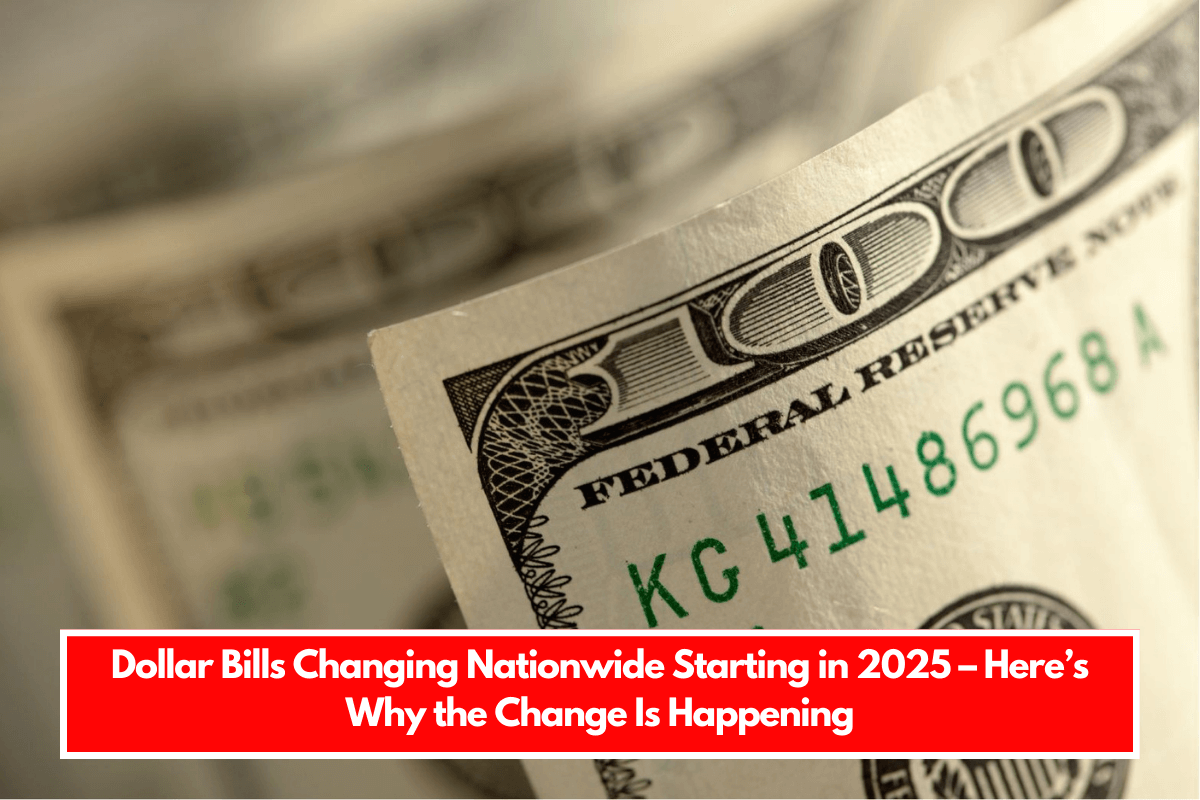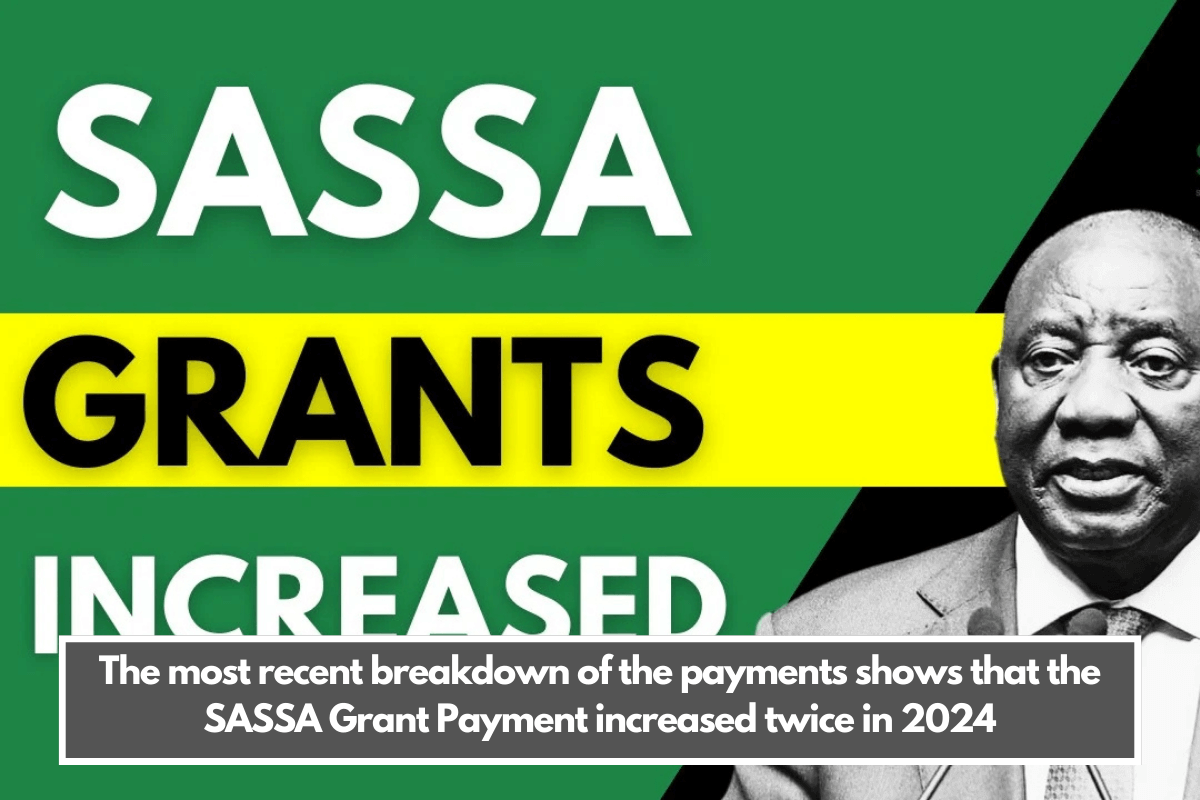South Africa is set to make significant salary adjustments for its public sector employees, a move that has piqued the interest of various stakeholders across the country.
Starting April 1, 2024, public servants in national and provincial departments will see a 4.7% wage increase. Ms. Noxolo Kiviet, Minister for the Public Service and Administration, made this announcement, which specifically targets non-Senior Management Service (SMS) employees with salary levels ranging from one to twelve.
The decision to implement this wage increase was made after carefully considering the country’s current economic situation and the need for fiscal prudence. Minister Kiviet emphasized the government’s commitment to balancing economic realities with the need to provide fair and competitive compensation to public servants, who are critical to the functioning of the state.
South Africa Public Sector Salary Increase 2024
Minister Kiviet stated that several critical factors, including the current economic climate and the need for fiscal restraint, influenced the 2024 wage increase decision. To attract and retain talented public servants, the government struck a balance by offering fair and competitive compensation.
Government Commitment
The South African government has emphasized its commitment to affordable and accessible public services, while also recognizing public servants’ hard work and dedication. Minister Kiviet stated that monetary rewards are part of a larger effort to make the Public Service an employer of choice, which includes opportunities for personal and professional development.
“The government had to balance these with the need to prioritize fair and competitive compensation for public servants in order to attract and retain talented individuals committed to serving the nation.” Minister Kiviet stated that this decision is consistent with his commitment to affordable and accessible public services, as well as recognizing the hard work and dedication of public servants.
Servants Union Responses
Several trade unions have opposed the 4.7% increase, claiming that it is below the consumer inflation rate. These unions are the Police and Prisons Civil Rights Union (Popcru), the South African Policing Union (Sapu), and the National Education, Health, and Allied Workers’ Union (Nehawu). They collectively represent over 300,000 state workers, or approximately 23% of the country’s public servants. The unions have threatened to strike if the government does not raise its offer.
The Public Servants Association (PSA), which claims to represent over 245,000 state employees, has decided to monitor inflation this year to ensure it is in line with the government’s 4.7% offer. The PSA’s general manager, Reuben Maleka, stated, “Should the CPI [consumer price index] rise above the projected CPI, the PSA will insist that the difference be augmented.”
Financial Impact
The cost of paying public servants is expected to rise significantly in the coming years. The National Treasury has allocated R754.2 billion for the fiscal year 2024/25, an increase of R33.1 billion over the previous year.
The projected expenditure on public servant salaries is expected to reach R788.6 billion in 2025 and R822.5 billion in 2026. This expenditure is the largest component of government spending, accounting for approximately 30% of the total expenditure of R2.4 trillion in the current fiscal year.
Additional Benefits
Some public employees may receive an additional 1.5% pay increase based on their years of service and performance. Separate negotiations are also underway regarding increases in housing allowances and medical benefits, which the government hopes to align with the inflation rate.
The 4.7% salary increase for South African public servants, effective April 1, 2024, reflects the government’s efforts to strike a balance between fiscal responsibility and fair compensation. However, trade unions’ responses suggest that potential challenges may arise as negotiations continue to address the concerns of public sector workers.
The government remains committed to supporting public servants through fair compensation and professional development opportunities while adhering to national budget constraints.

